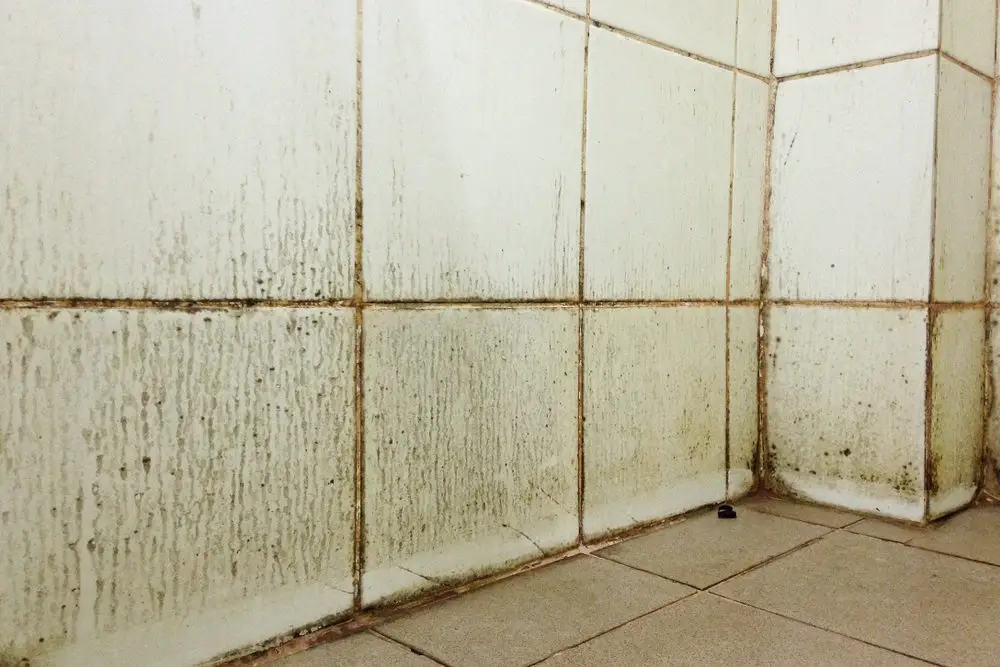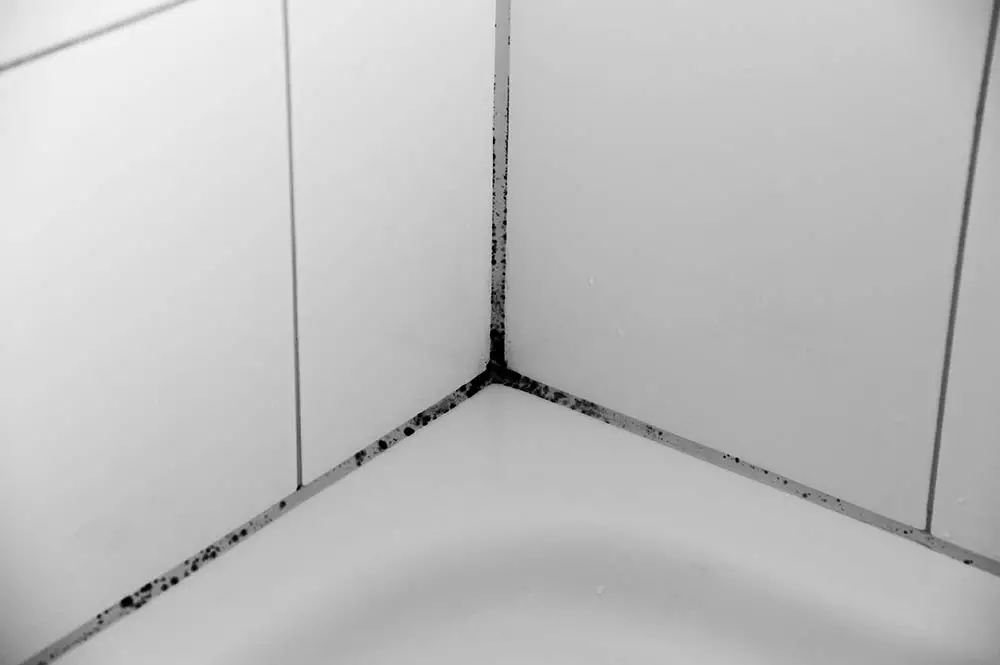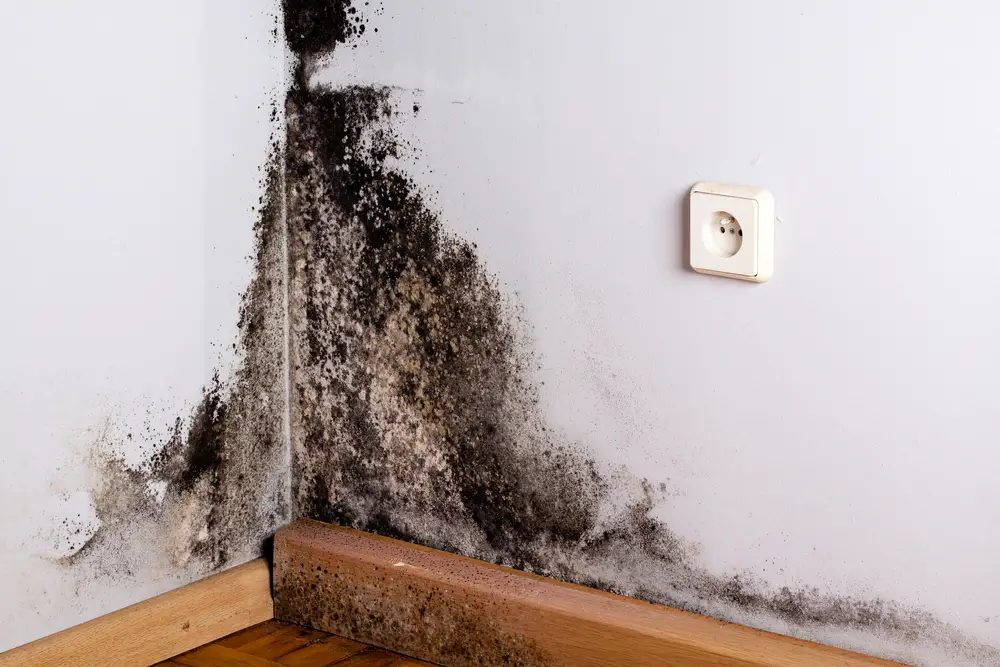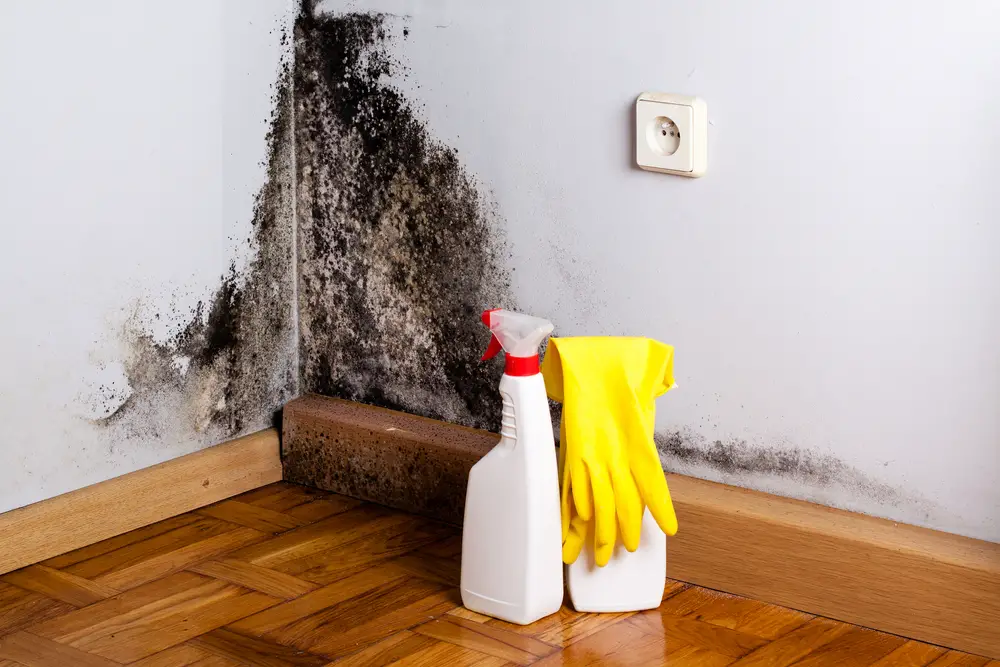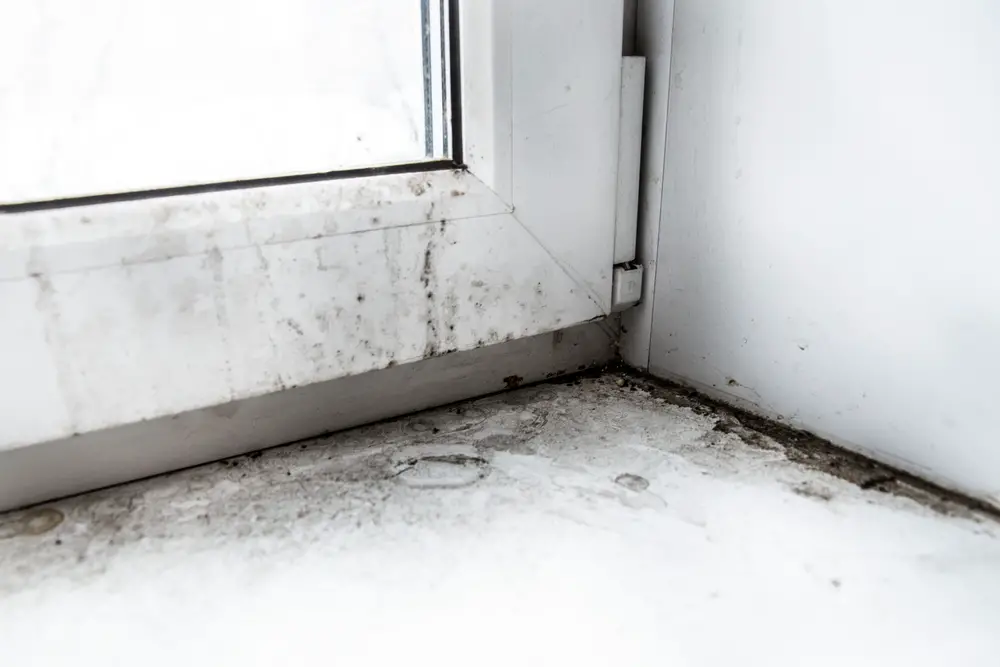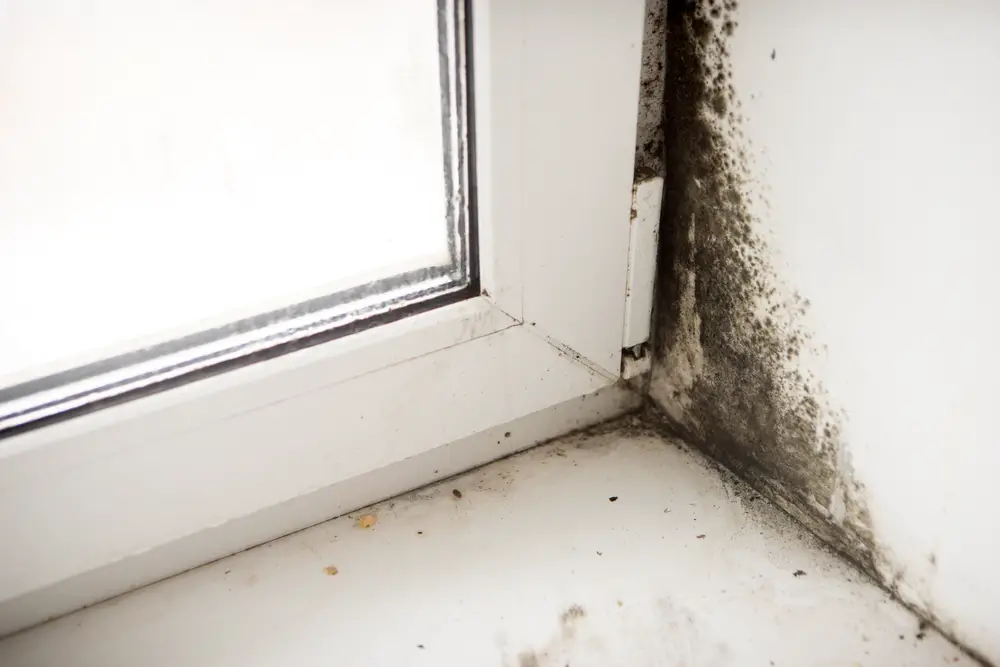Black mold is a concern for many homeowners due to its potential health risks and property damage. When it comes to mold removal, people often wonder if Lysol, a commonly used household disinfectant, can effectively eliminate black mold. In this post, we will delve into the topic of Lysol’s ability to kill black mold, understand its limitations, and explore alternative methods for mold treatment and prevention.

What is Black Mold?
Black mold, scientifically known as Stachybotrys chartarum, is a toxic type of mold that thrives in damp and humid environments. It can cause various health issues, including respiratory problems, allergies, and even severe reactions in sensitive individuals. Common signs of black mold growth include a musty odor, black or greenish patches on surfaces, and the presence of excessive moisture.
Lysol as a Mold Killer
Lysol is a widely recognized household disinfectant known for its antimicrobial properties. While it is effective against many bacteria and viruses, its effectiveness against black mold is limited. Lysol can help to eliminate some mold spores on surfaces, but it may not completely eradicate the root cause of the mold problem.
Different types of Lysol products are available, including sprays, wipes, and concentrated solutions. Some Lysol products specifically mention mold and mildew on their labels, indicating their potential effectiveness in mold prevention and removal.
Limitations of Lysol in Killing Black Mold
There are several factors that can limit the effectiveness of Lysol in killing black mold. Firstly, Lysol primarily works on non-porous surfaces, while black mold tends to grow on porous materials such as drywall, wood, or fabric. The mold’s hyphae (root-like structures) penetrate into these porous surfaces, making it difficult for surface disinfectants to reach and eliminate the mold entirely.
Moreover, even if Lysol kills some mold spores on the surface, it may not address the underlying moisture issue that caused mold growth. Simply spraying Lysol without addressing the root cause can result in recurring mold problems.
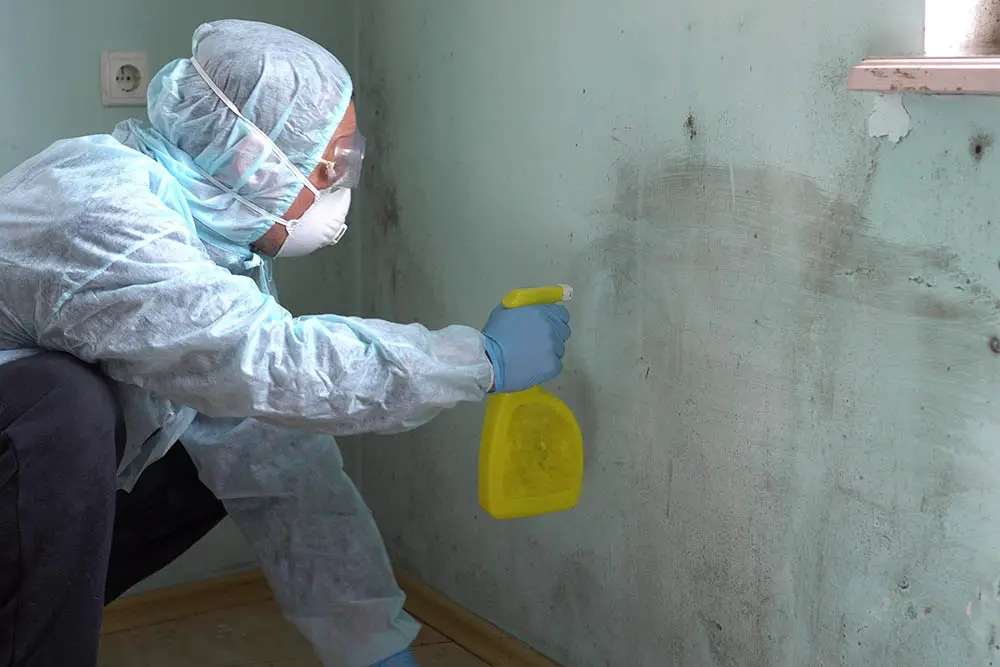
Tips for Treating Black Mold:
When dealing with black mold, it is crucial to follow proper mold remediation steps. These include:
Safety precautions: Wear protective gear such as gloves, goggles, and a mask to avoid direct contact with mold spores.
Identifying and addressing moisture sources: Determine and fix any water leaks, excessive humidity, or poor ventilation that contribute to mold growth.
Mold removal techniques: Depending on the severity of the mold infestation, methods such as scrubbing with a mold-specific cleaner, using hydrogen peroxide, or removing and replacing affected materials may be necessary.
Alternative Methods to Remove Black Mold
In addition to Lysol, several alternative methods can be used to remove black mold, and one of the best methods is hiring Professional mold remediation services. For severe mold infestations or extensive damage, it is advisable to seek assistance from professional mold remediation experts who have the necessary tools and expertise to handle the situation safely and effectively.
Preventing Black Mold Growth
Prevention is key to avoiding black mold growth. Consider the following preventive measures:
- Maintain proper ventilation and airflow in your home, particularly in areas prone to moisture, such as bathrooms, kitchens, and basements.
- Regularly inspect and repair any water leaks, roof damage, or plumbing issues promptly.
- Keep humidity levels in check by using dehumidifiers or ventilation fans, especially in humid climates or during wet seasons.
Conclusion
While Lysol can provide some temporary relief in reducing mold spores on surfaces, it is not a comprehensive solution for eliminating black mold entirely. Proper mold remediation involves identifying and addressing the root cause of mold growth, along with using effective cleaning methods and preventive measures. It is crucial to consult professionals for severe mold infestations to ensure the safety and long-term well-being of your home. Remember, a comprehensive approach is necessary to effectively tackle black mold and maintain a healthy living environment.



